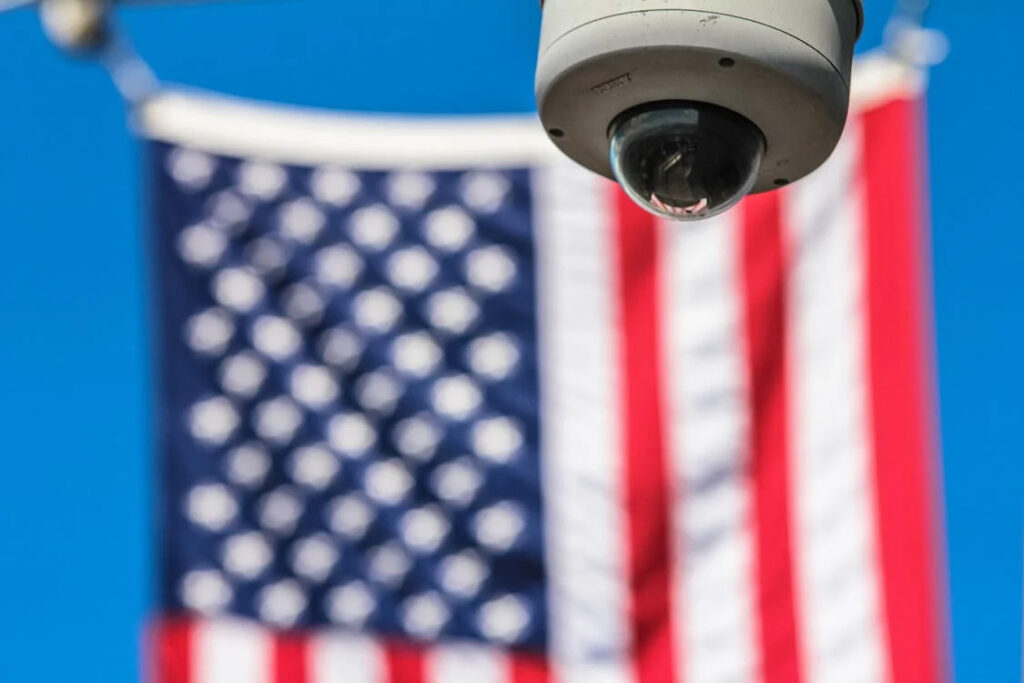Beyond Big Brother: How AI Surveillance Affects Employee Performance and Attitudes
Artificial intelligence (AI) for surveillance and employee performance monitoring is becoming somewhat common in the modern workplace. AI solutions provide a convincing means to monitor and evaluate employee behavior at scale as companies aim for more efficiency and control. But a new Cornell University research highlights the intricate interplay between technology and human psychology and shows how much the kind of surveillance—human or artificial intelligence—affects not just employee performance but also their opinions about work. Examining these results, this paper investigates the nuances of artificial intelligence monitoring and its wider consequences.
Perception of Autonomy Under Surveillance
The Cornell study highlights a key psychological effect of surveillance: the perception of autonomy. Employees monitored by AI reported feeling a significant loss of autonomy compared to those overseen by human supervisors. This loss of autonomy is critical as it directly correlates with decreased job satisfaction and increased resistance to workplace policies. The sense that an impersonal system is constantly evaluating their every action without context or understanding diminishes workers’ engagement and productivity, fostering a climate of discontent and non-compliance.
The Impact on Employee Productivity

The research further investigates how different types of surveillance affect productivity. In experiments where participants were monitored by either AI or human observers, those under AI surveillance consistently performed worse. For instance, when tasked with brainstorming ideas, participants who believed they were being monitored by AI produced fewer and less creative ideas than their counterparts. This suggests that the impersonal nature of AI surveillance might trigger performance anxiety or demotivation, as employees feel that their efforts are being judged more harshly or less fairly.
Resistance and Acceptance Behaviors
Another significant finding from the Cornell study is the difference in resistance behaviors between AI and human-monitored employees. Participants monitored by AI were more likely to engage in what researchers term “resistance behaviors,” which include critiquing the surveillance method, ignoring feedback, and even reducing effort. Conversely, when surveillance was perceived as supportive and developmental—particularly when humans provided contextual and constructive feedback—resistance behaviors decreased, and acceptance increased. This dynamic implies that lowering resistance and promoting a more cooperative and efficient workplace environment depends critically on openness and information regarding the goal and methods of artificial intelligence monitoring.
Strategies for Effective Implementation of AI Surveillance
The report advises stressing the developmental rather than only evaluative elements of monitoring for companies wishing to apply artificial intelligence surveillance. Companies can help to reduce some of the bad impressions connected with artificial intelligence technologies by presenting them as means of both personal and professional development. Furthermore, including systems that let staff members offer context or comments on their performance statistics will assist to preserve fairness and control, hence improving acceptance and teamwork.
The shift toward AI-driven workplace monitoring is rife with difficulties transcending mere technological execution. According to the Cornell University study, employee perception of such systems determines their effectiveness very greatly. Businesses have to give much thought to the psychological effects of eliminating human components from observing systems. Companies may maximize the advantages of technology without compromising staff morale and output by encouraging a culture that sees artificial intelligence as a tool for assistance and growth rather than an unrelenting supervisor.

